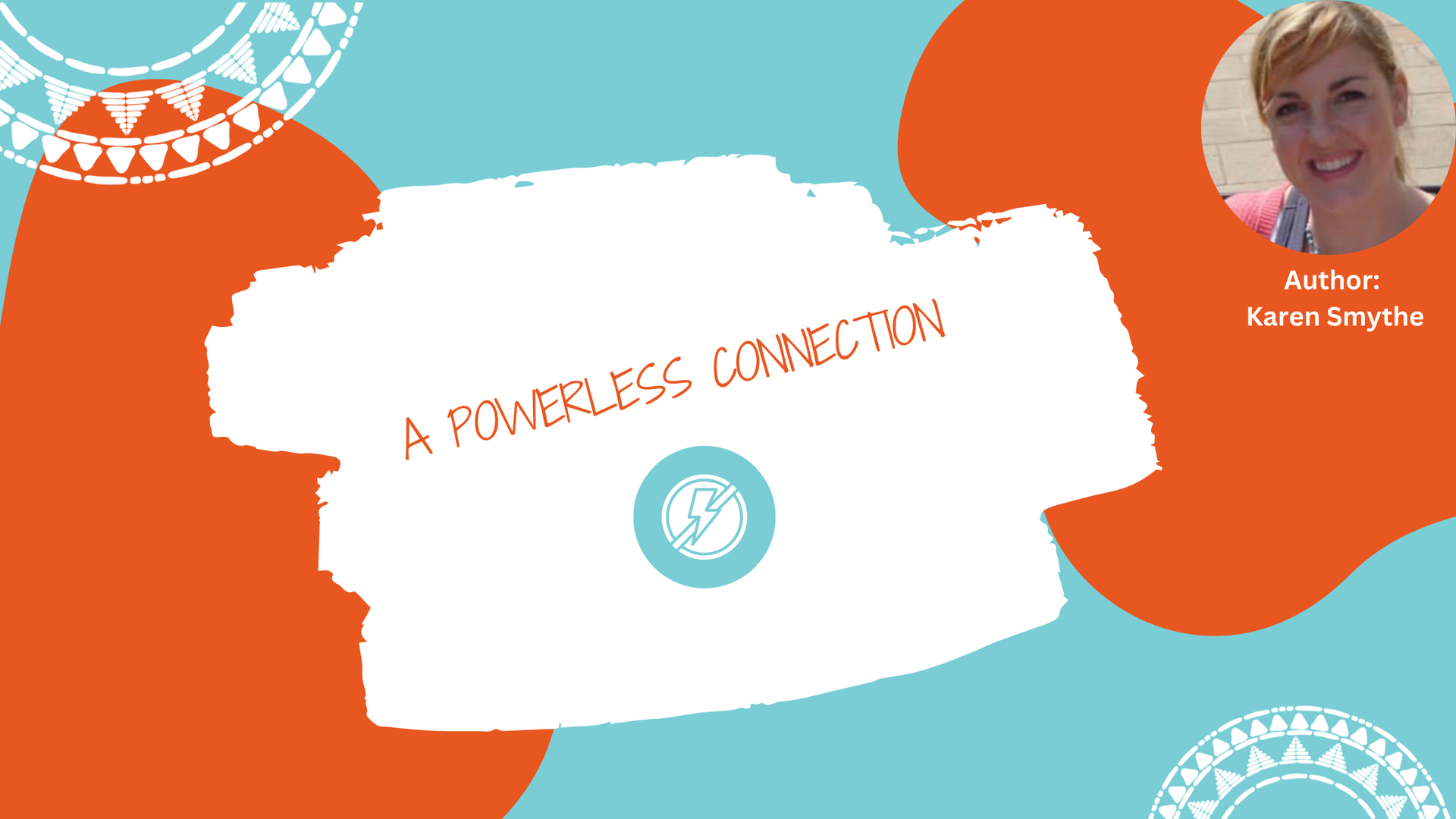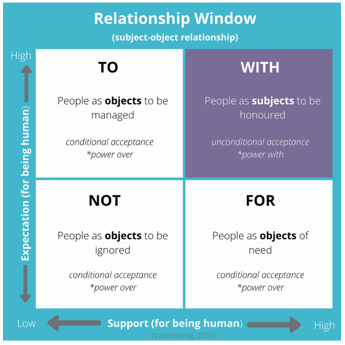Recognition: Restorative Practice is all about our interconnectedness as human beings. It is not a behaviour management strategy but instead, about cultivating relational learning communities. When things go wrong and challenges arise, it’s about honouring relationships and finding a way forward in community.
The opportunity to perspective-take and understand one another’s experiences and needs will be an important consideration on a restorative return to school. Finding the balance between the need to be positive and yet also acknowledging the varied and sometime painful experiences of our school community will be essential to sponsor the connection we need, now more than ever.
Empathy:
We know from the neuroplasticity of our brain that we can grow empathy! It’s probably why I am most passionate about the work I get to do. As educators, you will no doubt observe the need to perspective-take, the importance of making generous assumptions, and the power of being able to communicate emotion in a way that others can respond with compassion. These are teachable restorative skills!
Growing and practising such skills can be very challenging during times of stress when we are over-whelmed and tired. Being restorative with ourselves is key - we can’t give what we do not have…something I am fantastic at teaching but find harder to practise !! Brené Brown, an empathy researcher, proposes that the most compassionate people are also the most boundaried, important considerations for us all, especially at this time when we may need to continue working with and from home.
Safety:
Safety is on everyone’s mind and priority list at this time. Restorative Practice is a values-based philosophy and in my workshops, I have always proposed that I believe safety is the most important of all the values because without it the others, such as empathy, do not show up! It is hard to feel WITH others when we are armoured up. As educators, we know we need to feel safe in order to be able to learn and thrive which will take significant intention and focus at this time– the Maslow before Bloom idea! Routines will be key but also prioritising the creation of spaces where we can disarm and connect relationally again.
Calm is a superpower! It supports us to create safe spaces and approaches where we respond instead of reacting. Calm people practise two things before they respond – they breathe & they ask questions. A helpful one to ask, model and promote the value of safety might be; ‘What’s the most generous assumption I can make in this situation?
Trauma:
Trauma may now be an individual as well as a collective experience and as a school community, we need to acknowledge and address this. Restorative Practice is not necessarily inherently trauma-informed or at least the practices themselves are not. However, the critical theory and values that underpin the practices are which is why I am so passionate about the importance of not seeing Restorative Practice as another behaviour management strategy or tool but as a philosophy that holds relationships and our interconnectedness at its core. I unpack this in detail on my Restorative Me online programme.
Trauma is like an atom. It cannot be destroyed but it can be transformed. How it shows up and lives in us can change. We have a wonderful opportunity in schools to offer therapeutic moments all day, every day. It can be as simple as exchanging a smile, or a quick relational one-word-whizz check-in circle at a staff meeting or beginning of a lesson. This facilitates relationships on purpose; we know the name of each other’s dog, or favourite place to spend our time. These therapeutic moments are key to connection, offer a strong foundation for teaching and learning, and build a reservoir to navigate the challenging times. You may be familiar with the ACE model (Adverse Childhood Experiences) which helps us to recognise that the symptoms we see as ‘disruptive behaviour’ may be as a result of trauma or hugely out of balance nervous systems. We won’t punish these away. Where did we ever get the crazy idea that to make people do better, we first have to make them feel worse? (Nelsen, Lott and Glenn).
We need to create spaces in our staffrooms and classrooms where we can disarm and teach competence over compliance. I saw a lovely example of this in a school that promoted meditation over detention. We need to engage in exchanges where our ultimate intention is connection as opposed to correction. Bruce Perry’s 3 x Rs – Regulate, Relate & Respond offer a powerful and practical compass for this process. We see the importance of calm and relationships to inform a rational restorative exchange. When the symptoms of trauma show up in our schools, we will need to resist the urge to be punitive and to consider the damage of a zero-tolerance approach which will undoubtedly affect our most vulnerable students and educators, locking us into negative cycles of engagement and compounding isolation.
Opportunity:
When dealt with restoratively, conflict can be a wonderful opportunity for connection. My 2017 TEDx Empathy; the Heart of Difficult Conversations illustrates this and may serve as a helpful staff introduction / reminder of Restorative Practice. The Chinese character for crisis means both danger and opportunity and although this is an undoubtedly uncertain and challenging time, it also offers an opportunity to reconnect with what truly matters to us as educators and it is imperative that we connect to our inner compass now and whole-heartedly embrace our school’s mission statement to inform our way forward. Considering what we really care about as a school and how we can make sure to practise will take considerable focus and intention when there are so many competing considerations as school leaders.
I have created a Connect RP Site Licence as a way to support schools on their journey to growing a restorative school in policy and practice; offering infrastructure through Ubuntu Learning online platform, a pathway which involves sharing Restorative Practice with all stakeholders, and ongoing support from me as a guide.
Relationships:
As educators we have always known the value and importance of relationships which has perhaps become even more apparent during this time of remote learning than ever. Relationships are at the heart of any restorative approach and of effective teaching and learning. I am passionate about moving conversations in schools that orientate around Restorative Practice beyond behaviour management and towards relational learning environments and pedagogy.
Relationships will need to be intentional and purposeful now more than ever, and leaders will need to inspire and model permission to do this. Creating time to connect and share as a staff, despite the many demands of protocols and procedures; inviting staff to consider ways to foster connection before curriculum will be paramount to honour a restorative return to school. Leadership is modelling, and as Dr. Belinda Hopkins reminds us, if we are not modelling what we teach, we are teaching something else.
Engagement:
When working restoratively, the idea is that those that hold or are affected by the harm are best placed to know what is needed to move forward. It is essential that we work WITH people as Dorothy Vaandering’s (2017) Relationship Window illustrates.
Restorative Practice is always needs-led. Working WITH those who have experienced trauma, identifying unmet needs and ways to meet those needs are key to any restorative approach.
The widow of tolerance for risk may be small at this time of uncertainty but we need to remember that all relationships involve risks. It may be important to take risks and allow others to lead, tapping into the collective wisdom and community insights which is reflective of any restorative approach.
Creating a restorative return to school needs to be done in community. It needs to be guided relationally and informed by the understanding that we will need to be restorative with ourselves, especially important for those in such a caring profession as education - meeting individual and collective trauma within their school community and the homes and families that their school serves. I invite you in those moments of over-whelm and uncertainty, to simply ask the restorative question of yourself, ‘What’s needed now / what do I need now?’ as a reminder to take care of yourself as a way of caring for others!
Key Recommendation Summary for Educators on their Restorative Return to School:
Recognise cultivate spaces where we can remove our armour -
'What's the best/hardest thing...?'
Empathy
identify, articulate and honour your personal boundaries as a way to care for others.
Safe
share information where possible and in challenging moments ask, ‘What’s the most generous assumption I can make in this situation?’
Trauma consider ‘What happened to X?’ as opposed to ‘What’s wrong with X?
Opportunity welcome new opportunities such as staff circles (virtual) on Being Restorative with Ourselves
Relationships model and give permission for ‘connection before curriculum’.
Engage take small risks & allow others to lead.
Invitations for Next Steps to Develop Your Own Practice
Click on https://www.connectrp.ie/workshops for upcoming workshop options & watch my TEDX.
Read The Little Book of Restorative Justice in Education (Evans & Vaandering).
Subscribe to Relationships First – Dorothy Vaandering’s Blog.
Check out RESTORE Our Schools and download the free RESTORE poster.
Complete Restorative Me online programme (as an individual or access it as part of the Connect RP Site Licence) to develop your own restorative practice or join/create a Restorative Us / Ubuntu Team to do this in community.





